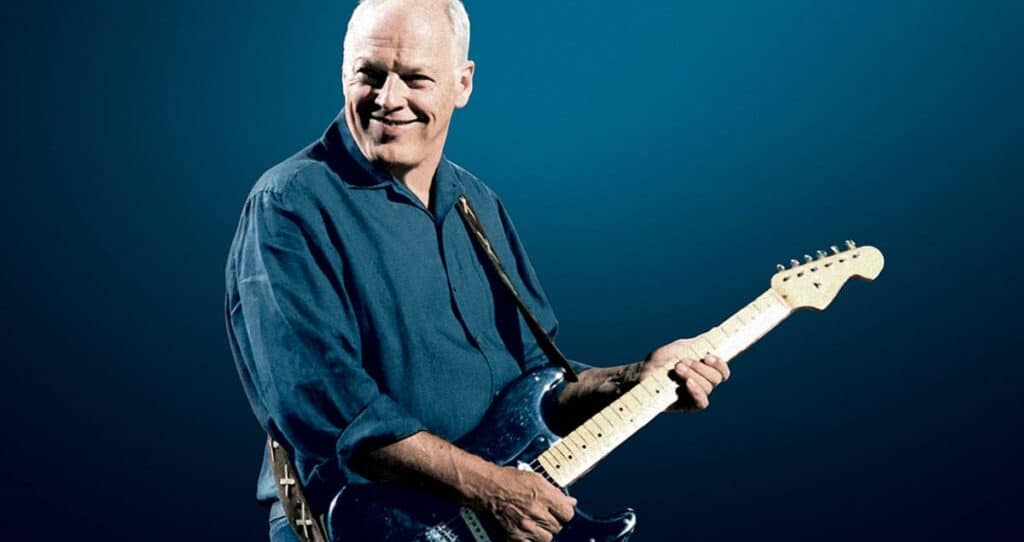Uriah Heep: Pioneers of Hard Rock and Progressive Metal
Uriah Heep is a British rock band formed in 1969 in London, England. Known for their distinctive blend of hard rock, progressive rock, and heavy metal, Uriah Heep became one of the most influential bands of the 1970s. The band’s symphonic style, combined with elements of hard rock and early heavy metal, helped define the sound of rock during the era. Uriah Heep is often praised for their powerful vocals, multi-layered keyboards, and dynamic guitar work.
1. Formation and Early Years (1969-1972)
1.1 The Formation of Uriah Heep
- The band was formed by Mick Box (guitar) in 1969 following the breakup of his previous band, Spice. He recruited Ken Hensley (keyboards, vocals), David Byron (vocals), Paul Newton (bass), and Alex Napier (drums) to create a unique blend of hard rock and progressive elements.
- Their debut album, Very ‘Eavy… Very ‘Umble (1970), showcased their heavy, riff-based sound combined with symphonic elements. The album did not achieve much commercial success but set the foundation for their future development.
1.2 Salisbury (1971) – Early Evolution
- Salisbury (1971) marked a turning point for Uriah Heep, as the band began to incorporate more symphonic rock and progressive elements. The album included the epic title track, which was a 14-minute composition that featured the band’s use of orchestral arrangements and was a precursor to their later work.
- The album introduced the band’s iconic twin lead vocals and heavy use of keyboards, both of which became staples of their sound.
- Key Tracks:
- Lady in Black
- The Park
- Salisbury
2. Breakthrough and Commercial Success (1972-1976)
2.1 Demons and Wizards (1972) – The Breakthrough Album
- Released in 1972, Demons and Wizards (1972) is one of Uriah Heep’s most celebrated albums and marked their commercial breakthrough. Combining elements of hard rock, progressive rock, and fantasy-themed lyrics, the album introduced the band’s signature sound that would define their style for years to come.
- The album featured the hit singles The Wizard and Easy Livin’, both of which became staples of their live performances and contributed to their growing popularity.
- Key Tracks:
- The Wizard
- Easy Livin’
- Rainbow Demon
2.2 The Magician’s Birthday (1972) – Continuing Success
- 1972 saw the release of The Magician’s Birthday (1972), another highly successful album that continued the band’s epic storytelling style, using fantasy themes and conceptual lyrics.
- The album featured a more sophisticated production style and songs with multi-part arrangements, further cementing Uriah Heep’s place as pioneers in the symphonic rock and progressive metal genres.
- Key Tracks:
- The Magician’s Birthday
- Sunrise
- Tales*
2.3 Sweet Freedom (1973) – Commercial Apex
- Sweet Freedom (1973) was a highly successful album that saw Uriah Heep refining their sound. It produced the hit single Stealin’, which became one of the band’s signature songs.
- The album showcased their characteristic blend of hard rock, symphonic elements, and progressive rock and continued their commercial ascent.
- Key Tracks:
- Stealin’
- Sweet Freedom
- Circus
3. Transition and Continued Success (1976-1980)
3.1 Return to Fantasy (1975) – A New Era
- Return to Fantasy (1975) marked a shift in the band’s style, incorporating a slightly more mainstream hard rock approach while still retaining their classic symphonic elements. The album was a commercial success and featured the title track Return to Fantasy, which became a fan favorite.
- The album’s musical maturity and fantasy-inspired lyrics made it one of their enduring works, though it would be one of the last albums with the classic lineup of Byron and Hensley.
- Key Tracks:
- Return to Fantasy
- The Last Dance
- Prima Donna
3.2 Fallen Angel (1976) – Continued Popularity
- Fallen Angel (1976) continued the band’s success in the mid-1970s, though it marked a period of internal tensions within the band, leading to the eventual departure of David Byron in 1976. His departure would be a pivotal moment for the band’s sound and lineup.
- The album was still heavily influenced by their classic sound, but there were signs of the band transitioning to a more hard rock style with some new wave influences.
- Key Tracks:
- Fallen Angel
- What Can I Do
- What Should Be Done
4. 1980s: Lineup Changes and New Sound (1980-1990)
4.1 The Transition Period
- With the departure of David Byron and the arrival of John Lawton (vocals) in 1977, Uriah Heep underwent several lineup changes throughout the 1980s, though they continued to release albums.
- They experimented with a more AOR (Album-Oriented Rock) sound on albums like Conquest (1980) and Abominog (1982), which contained some of the band’s most commercial material. Despite the change in style, Uriah Heep retained their dedication to strong melodies, sophisticated instrumentation, and epic lyrical themes.
5. Uriah Heep’s Legacy and Influence
5.1 Pioneers of Symphonic Rock
- Uriah Heep is often credited with being one of the pioneers of symphonic rock, combining classical music influences with hard rock to create a distinctive and powerful sound. They were also early innovators in progressive metal, influencing many future bands in the genre.
- Their albums, especially Demons and Wizards and The Magician’s Birthday, continue to be referenced by rock bands who sought to blend the fantasy-driven lyricism of prog rock with hard-hitting riffs.
5.2 Enduring Popularity
- Despite lineup changes, Uriah Heep’s music remains timeless, with their iconic albums still attracting new fans and earning praise from critics and rock enthusiasts alike.
- The band continues to tour internationally, and their classic songs such as Easy Livin’, The Wizard, and Stealin’ remain essential in their live performances.
6. Uriah Heep’s Discography Overview
Studio Albums:
- Very ‘Eavy… Very ‘Umble (1970)
- Salisbury (1971)
- Demons and Wizards (1972)
- The Magician’s Birthday (1972)
- Sweet Freedom (1973)
- Return to Fantasy (1975)
- Fallen Angel (1976)
- Innocent Victim (1977)
- Conquest (1980)
- Abominog (1982)
- Head First (1983)
- Equator (1985)
- Raging Silence (1989)
- Sea of Light (1995)
- Wake the Sleeper (2008)
- Outsider (2014)
Live Albums:
- Uriah Heep Live (1973)
- Live at Shepperton (1974)
- Live in Europe 1979 (1999)
- Live at Koko (2004)
7. Conclusion: Uriah Heep’s Lasting Legacy
Uriah Heep’s blend of hard rock, progressive rock, and fantasy-driven storytelling has made them one of the most important bands in the history of rock music. Their groundbreaking albums, particularly in the 1970s, continue to influence generations of musicians.





